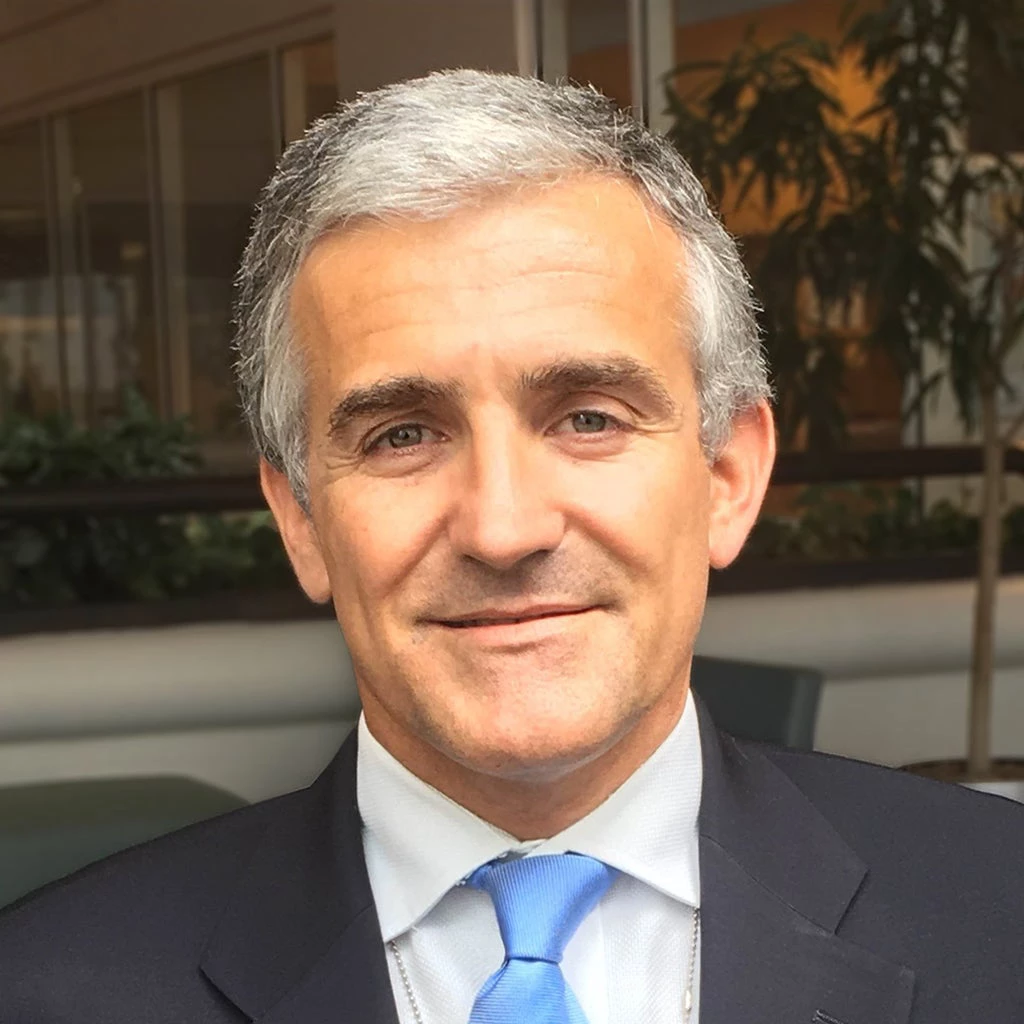 Locals use rehabilitated secondary roads to access basic services year round
Locals use rehabilitated secondary roads to access basic services year round
An estimated one billion people in low-income countries lack access to an all-weather road. High mobility costs cut into the disposable income of the poor, who often lack reliable and affordable public transportation and cannot easily access schools, jobs and markets.
In countries and communities impacted by fragility, conflict and violence (FCV), these challenges are compounded even further. The absence of safe and affordable roads and transport systems also impedes people’s access to security, humanitarian assistance, and basic services. This lack of connectivity greatly impedes economic growth, long-term development and stability.
By 2030, up to half of the people living in extreme poverty will be in fragile and conflict-affected settings. While extreme poverty is going down around the globe, it is increasing in countries impacted by fragility and conflict. Transport can play an important role in conflict mitigation and securing peace by connecting at-risk populations, and rebuilding social cohesion by better integrating marginalized communities. This makes it imperative to design projects that respond to the underlying drivers of fragility, and to connect communities by providing safe and affordable transportation that supports social and economic integration in fragile areas.
This approach may require forging new partnerships with actors the World Bank Group might not usually work with at the country level, to ensure greater access to insecure areas. In Cameroon, for example, a transportation project has engaged the country’s Army Corps of Engineers (ACE) to rehabilitate a 205-kilometer (127 mile) section of road in the remote northern region of the country, to better integrate it with the rest of Cameroon. Since 2014, at least 1,300 civilians and 120 soldiers have been killed and an estimated 1,000 people abducted due to violent extremism in this region. For this work, the ACE have received special training on community engagement and rights, and are closely monitored. The involvement of the ACE has enabled continued implementation of this essential project, as no commercial contractors were willing to work in the area. Nineteen villages—some with more than 3,000 people—are expected to benefit from the project. This section of road, an important transportation corridor between the port of Doula—Central Africa’s largest port— and northern Cameroon and Chad, provides 75 percent of all trade for land-locked Central African Republic and Chad. Keeping such roads open and accessible is fundamental to increasing economic integration and fighting poverty.
Decades of conflict have meant that Afghanistan’s rural road network is in poor condition, leaving people unable to access job opportunities and essential services like healthcare or education. World Bank investments have focused on expanding and rehabilitating Afghanistan’s road infrastructure and building local capacity to manage the system. In the areas targeted by the project, the share of the rural population having access to an all-season road has increased from 58 percent to 89 percent, and the project has generated employment opportunities equivalent to 5 million workdays. Adequate transportation can also help to mitigate the impact of a refugee crisis, and ensure access to critical services for refugees and host communities. For example, the Greater Beirut Public Transport Project is helping overhaul Lebanon’s strained transport sector, while securing construction jobs for thousands of unskilled Lebanese workers as well as Syrian refugees.
A significant driver of fragility where transportation solutions can be critical is climate change. The Haiti Rural Accessibility and Resilience project is financing the rehabilitation of critical segments of the rural road network, making the primary and secondary roads more resilient to climate change and extreme weather events. The improved roads will increase access to local markets and health centers for 350,000 people, thus reducing interruptions of economic activity after disasters. This particularly benefits vulnerable communities, including women traders who need to travel extensively for their livelihoods.
These are some examples of how the WBG is engaging in fragile situations in the transport sector, bringing a development approach to tackling FCV challenges. The overall institutional approach has four key pillars: prevention of conflict by addressing its root causes and drivers like climate change or economic and social exclusion; staying engaged in conflict situations to preserve human capital and key institutions; helping countries transition out of conflict and fragility towards stability and development; and supporting both refugees and host communities when the challenges of forced displacement spill over across borders.
Along with key operational shifts to increase institutional impact at the country level, these approaches are being systematized through the first WBG strategy on FCV which is currently being developed. The first phase of consultations into the concept note of the strategy brought strong engagement and interest from external stakeholders -- over 1,700 individuals in 88 countries and territories weighed in, through face to face meetings, an online questionnaire, by email and through social media. All this feedback is being incorporated into the draft FCV strategy, which will help bring a comprehensive institutional approach to support vulnerable communities in FCV-impacted countries.
Well-designed and implemented transport projects can help address some of the root causes of fragility and help build the foundations for stability and long-term inclusive growth , reducing the toll that fragility and conflict exacts on countries, communities and individuals.



Join the Conversation